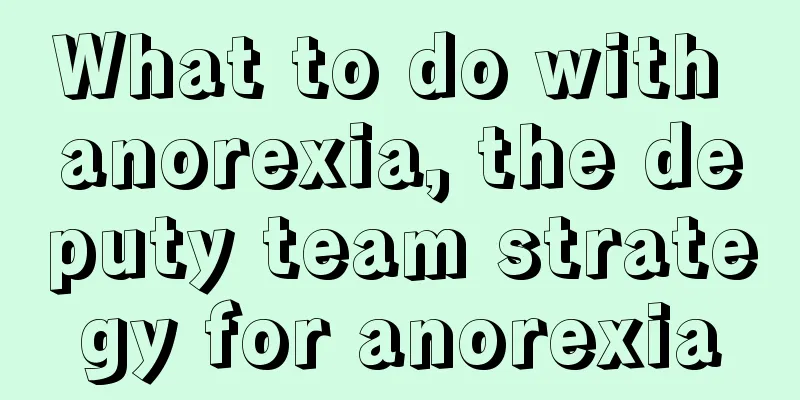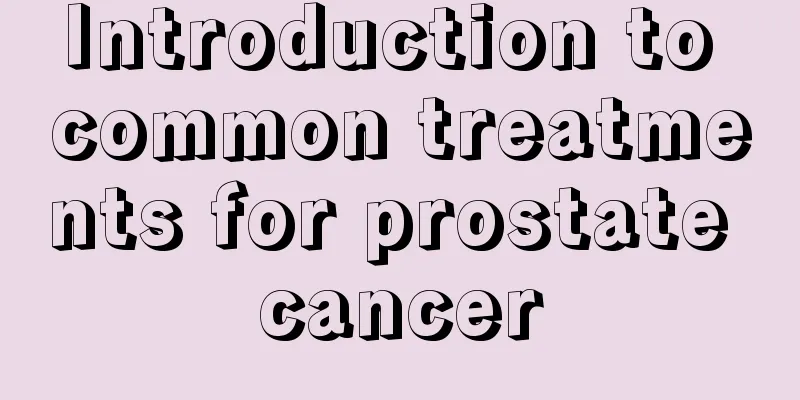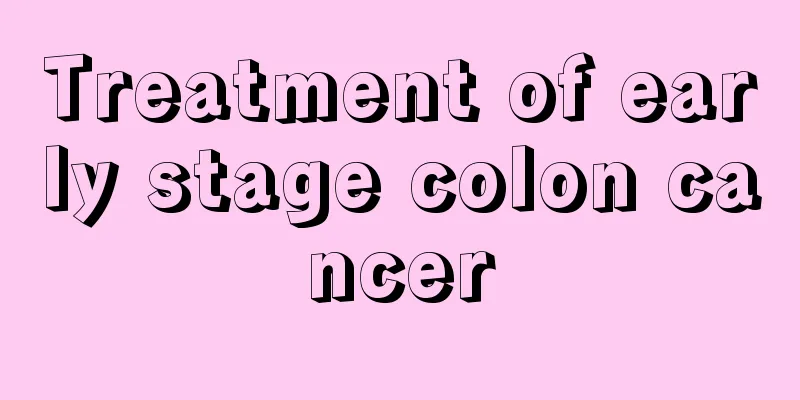What to do with anorexia, the deputy team strategy for anorexia

|
The most frightening thing about anorexia is not accepting treatment, but thinking that they are normal. However, as the duration of anorexia increases, the patient's weight tends to gradually decrease, leaving many hidden health risks, especially anorexia nervosa, which is difficult to get the cooperation of the patient. Therefore, in order to treat anorexia, doctors not only have a high level of art, but also have many ways to cooperate with patients. So, what should we do about anorexia? Let’s take a look at the strategies for dealing with anorexia. What to do with anorexia?
No one wants to suffer from anorexia, but you must go to a regular hospital to cooperate with the doctor's treatment. Don't be at a loss as to what to do with anorexia. In addition, in addition to the treatment plan given by the doctor, the patient must cooperate in diet, psychology, and lifestyle habits in order to better treat anorexia. The treatment of anorexia is as follows: 1. Strive to gain the cooperation of patients. Medical workers and nutritionists should strive to establish a close, compassionate and stable doctor-patient relationship while encouraging patients to take in a reasonable amount of calories. In order to help patients relieve their concerns and correct bad eating behaviors. 2. Monitor the patient's growth, nutritional status, and the percentage of weight difference from normal weight in order to develop a plan to gradually restore the patient to normal. 3. Understand the patient’s medical history, dietary history, and whether the patient has taken diuretics, laxatives, and other medications so that appropriate measures can be taken. 4. A low-fat and low-lactose diet can help relieve gastrointestinal discomfort. 5. Provide appropriate psychological counseling for patients' pathological behavior of refusing to eat, calculate calories and formulate diet plans for patients. 6. Provide a high-calorie diet. Start the diet with low calories and gradually increase calorie intake, but be careful to increase it slowly. Calorie intake should be based on age. At the beginning of treatment, 1200 to 1500 Kcal is given per day, and the energy intake is increased by 500 to 700 Kcal per week, up to a maximum of about 3500 Kcal per day. 7. Since the patient has not been able to eat normally for a long time, resulting in weakened gastrointestinal motility and suppressed digestive enzyme activity, when starting to eat, the diet must be light, less greasy, and easy to digest, and avoid foods that easily cause bloating, such as milk, dried beans, hard nuts, raw radishes, etc. But you should choose more foods rich in protein, inorganic salts and vitamins, such as fish, chicken, eggs, lean meat, soy products, as well as fresh vegetables and fruits. 8. Gradually increase the patient's protein supply to reduce edema. 9. Contains sufficient vitamins, minerals and trace elements. 10. Weigh yourself regularly. You can weigh yourself three times a week, preferably in the morning after getting up, and develop a weight gain plan for the patient based on their weight. If weight gain is slow, the patient's activity level can be reduced appropriately to reduce energy consumption. Weight gain is also an encouragement to patients. The ideal weight gain is 200-400 grams per day until normal weight is returned. 11. In the early stages of treatment, use foods containing dietary fiber with caution to avoid temporarily increasing intestinal volume and causing intolerance. 12. Consult with the patient to develop a diet plan. Choose food that the patient likes, pay attention to cooking methods and seasoning, make the food beautiful and exquisite, taste delicious, and stimulate the patient's appetite. 13. Eat small and frequent meals. Gradually increase the amount of food intake to ensure that the nutrient intake can meet the body's consumption and improve nutrition. Do not rush, otherwise the patient may experience upper abdominal fullness and stop eating. 14. For patients with severe emaciation, stubborn refusal to eat or uncontrollable vomiting, nasogastric feeding can be used; for patients with extremely poor nutritional status, electrolyte imbalance and life-threatening conditions, total parenteral nutrition can be used. But these are only temporary measures and should not be used long-term. 15. Calculate and record daily food intake and body weight. If the child sticks to the planned diet or gains weight, he/she will be given verbal or material rewards. If the child does not follow the plan, appropriate punishment will be given. 16. Encourage patients to keep a nutrition diary. The content includes eating time, place, food names, and self-feelings. Helping patients choose more suitable and nutritious foods based on the records will help improve their condition. 17. After patients develop a regular eating pattern, they can gradually reduce their emphasis on food to relieve their psychological stress. Through various means, we can help patients restore their normal eating habits and make them believe that a reasonable diet is the only way to health. Psychological support and counseling for anorexia This is a powerful aspect of comprehensive treatment that is built on trust and understanding and takes place over a long period of time, which are key elements in recovery therapy. Including psychological counseling, explanation, support and suggestion, cognitive behavioral therapy, family psychotherapy, etc. However, it should be noted that psychotherapy alone is not sufficient for patients with severe malnutrition and other complications, and nutritional and drug treatment are required at the same time. However, psychotherapy and counseling can help patients eat better. In short, anorexia can bring a lot of harm to people's health. If you encounter anorexia, what should you do? Obviously, you should go to a regular specialist hospital for examination and treatment, and cooperate closely with the doctor. Including family members in preparing meals, they should also seek the doctor's opinions and suggestions in order to better treat anorexia. |
>>: What to do if you get heatstroke in summer? Four-word formula for first aid
Recommend
Indoor plants that remove formaldehyde
Nowadays, new houses will produce a substance cal...
Do I need to do moxibustion every day during the dog days of summer?
The weather is very hot in summer, which is often...
How to effectively remove postpartum stretch marks
After giving birth, a pregnant woman's belly ...
Can I use a facial steamer if there are red blood streaks on my face?
In many shopping malls and supermarkets, we will ...
Can I smoke if I have thyroid cancer?
It is generally not recommended for patients with...
What are the side effects of washing your hair with white vinegar?
White vinegar is not unfamiliar to each of us. In...
Diet care for central lung cancer
Do you know any health care knowledge about lung ...
What diseases does the mental health department treat?
With the development of society, what people purs...
Normal value range of non-invasive DNA
Every pregnant woman is worried that the non-inva...
How to use your hips to do squats
Squats are a very common exercise method. Nowaday...
What should girls pay attention to when taking a double bath
Taking a bath together is quite popular among man...
How effective is biological treatment for nasopharyngeal carcinoma
As we all know, nasopharyngeal carcinoma is a mal...
What to do if you often feel dizzy, panic, chest tightness and fatigue
In work and life, people always stay up late for ...
What are the typical symptoms of early lung cancer? There are 4 typical symptoms of early lung cancer
Some patients have experienced this situation, th...
Is it okay to wash your face with sulfur soap? The efficacy of sulfur soap
I believe everyone has heard of washing your face...









